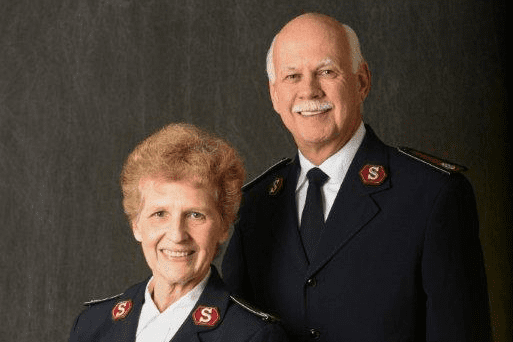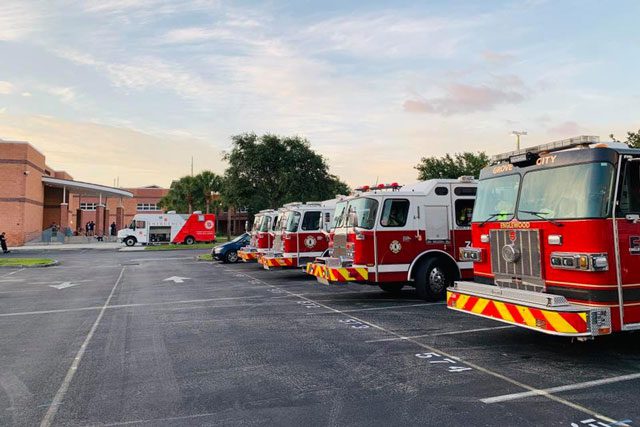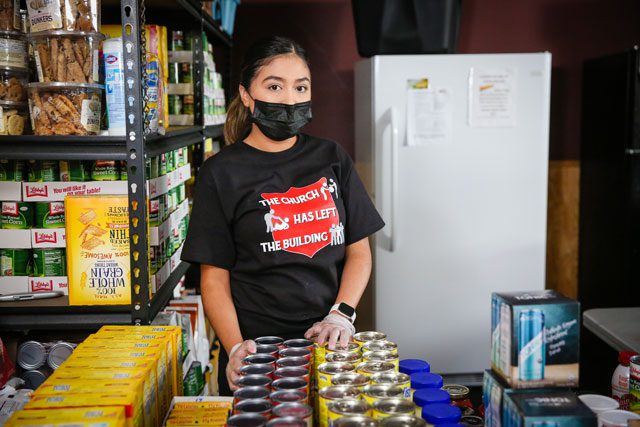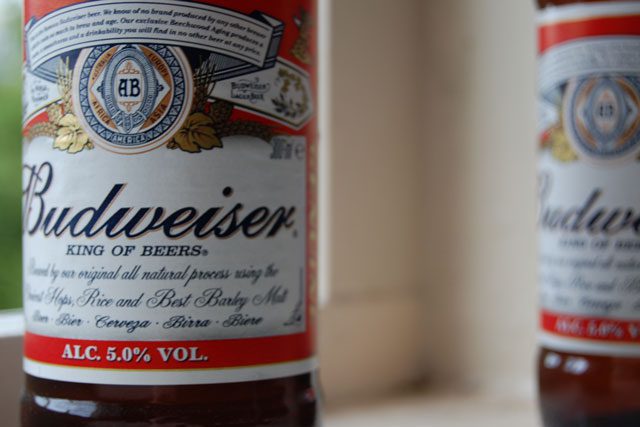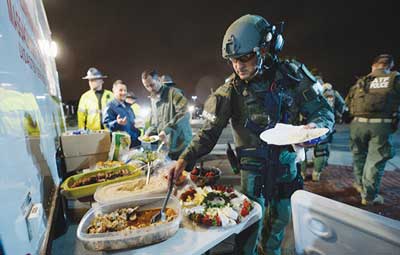
City streets have reopened.
The Salvation Army consummated its relief efforts of the Boston Marathon bombings after providing support to victims, families, law enforcement and other first responders for nearly two weeks. On April 24, the Army deployed a canteen to feed attenders at a memorial service for Massachusetts Institute of Technology officer, Sean Collier, which marked the conclusion of services.
“Everything’s back to normal in Boston now,” said Paul Leslie, Emergency Disaster Services (EDS) state responder. “The streets are back open and people are getting back to their lives.”
The Army’s EDS teams provided over 18,924 meals, snacks, and drinks throughout the disaster. Volunteers also offered a total of 501 hours through the 10-day response.
Law enforcement officials captured Dzhokar A. Tsarnaev, the 19-year-old college student believed to be partially responsible for placing the bombs, on April 19th, bringing a measure of relief to the Boston area. While the investigation is still underway, the demand for essential services in surrounding areas has waned.
During the manhunt for Tsarnaev, The Salvation Army served law enforcement and other first responders in the Watertown area.
“Our thoughts and prayers are with the people of Boston and Boston law enforcement,” said Major Ron Busroe, national community relations and development secretary.
On April 17, a grief counseling center opened where families of injured runners or those needing additional help could come for care. The Salvation Army made available a canteen to feed those accessing the location, as well as officers to provide pastoral care to those asking.
Throughout the response, The Salvation Army collaborated with the the local fire and police departments; Sparks; Red Cross; the Department of Child, Youth, and Families (DCYF); Riverside Trauma; Boston Public Health Commission; and Massachusetts Emergency Management Agency (MEMA). Leslie said it was also great to see local restaurants step up and want to offer support.
“Instead of serving typical canteen food, a lot of upscale restaurants donated some phenomenal food,” Leslie said. “The runners didn’t know what to expect so when they saw that, the expressions on the their faces were very grateful just to see what everyone had done for them.”







